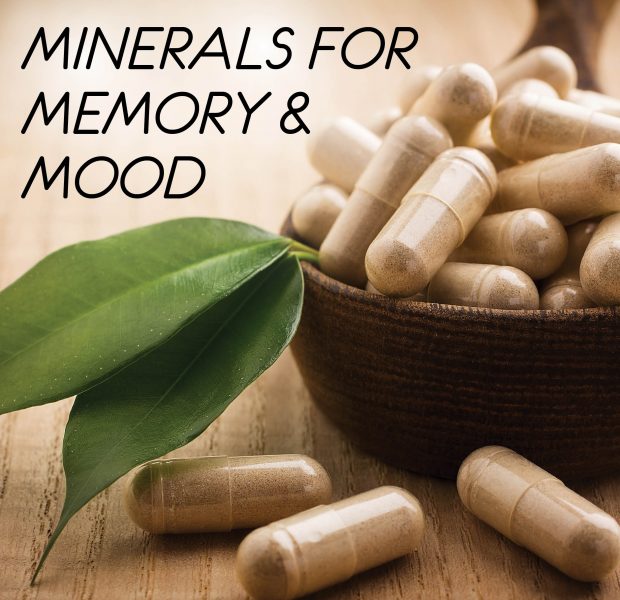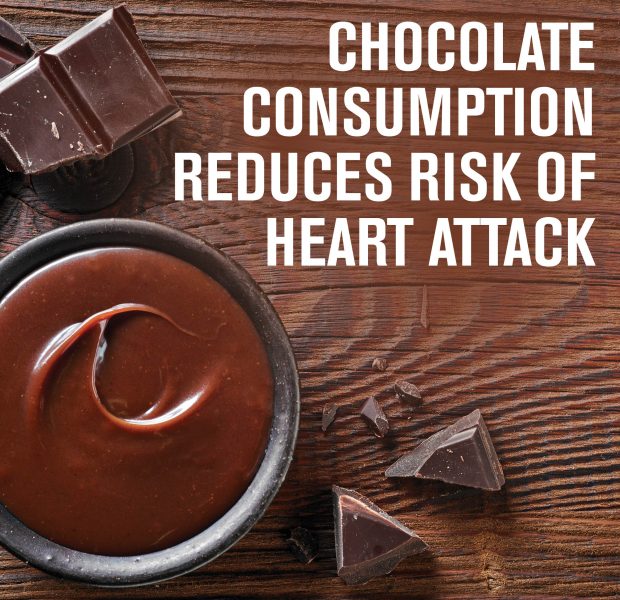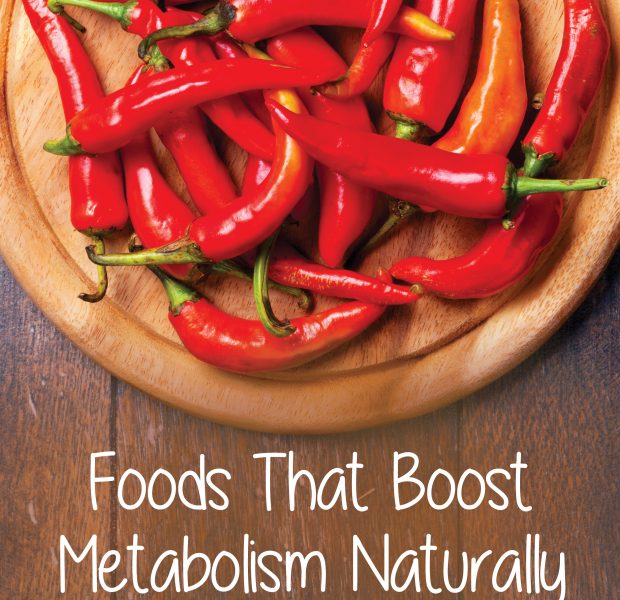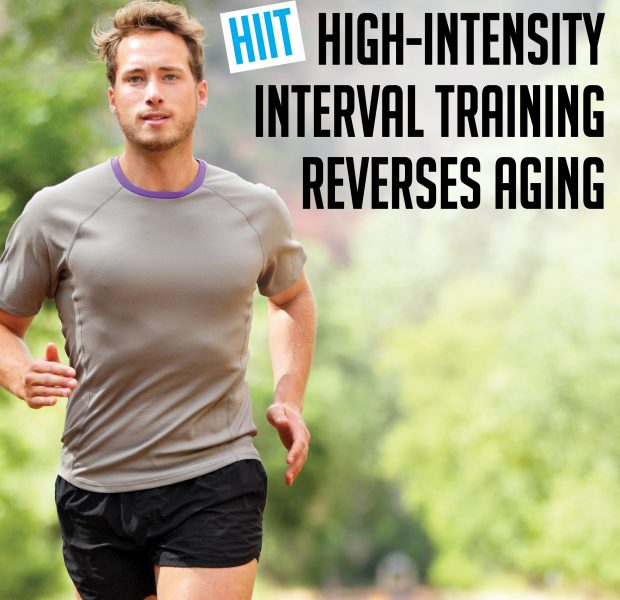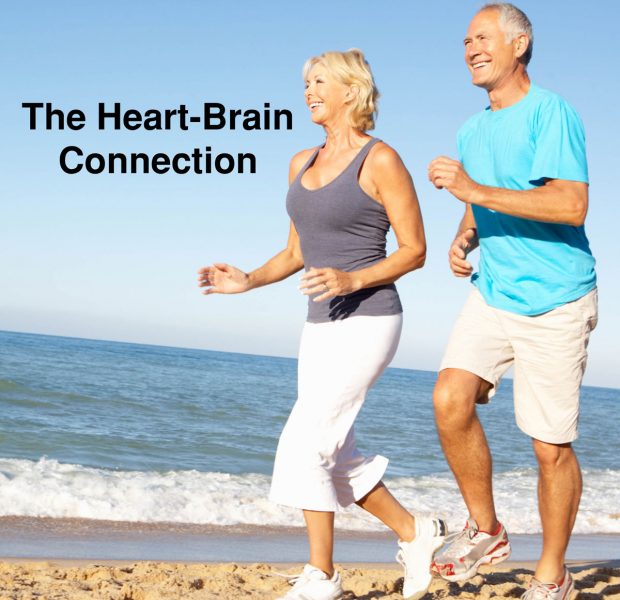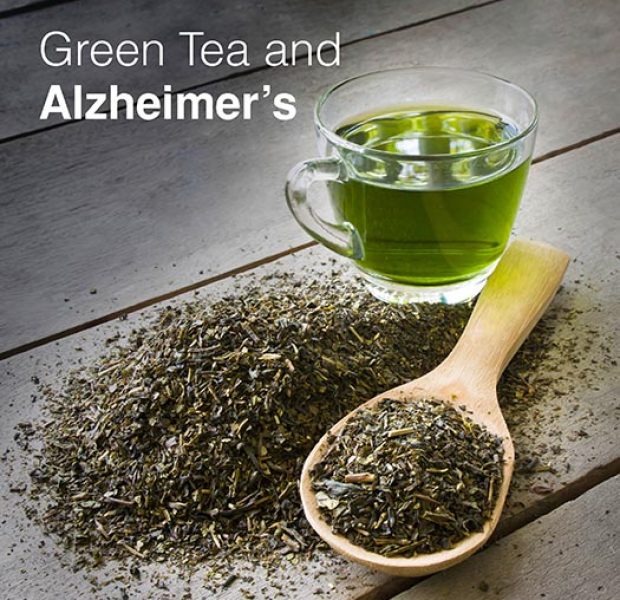Taking iron and zinc supplements may improve cognitive skills and improve mood, especially for women who lack these minerals. Iron is vital to the creation of hemoglobin and myoglobin which transports oxygen in muscles, while zinc is an essential element in enzymes that are involved in key biological functions. Researchers have uncovered the role that iron and zinc play in maintaining both physical and psychological health among women, stating that iron supplementation appears to enhance memory and intellectual ability. Findings may also suggest a positive effect of zinc levels on better cognitive and emotional functioning


